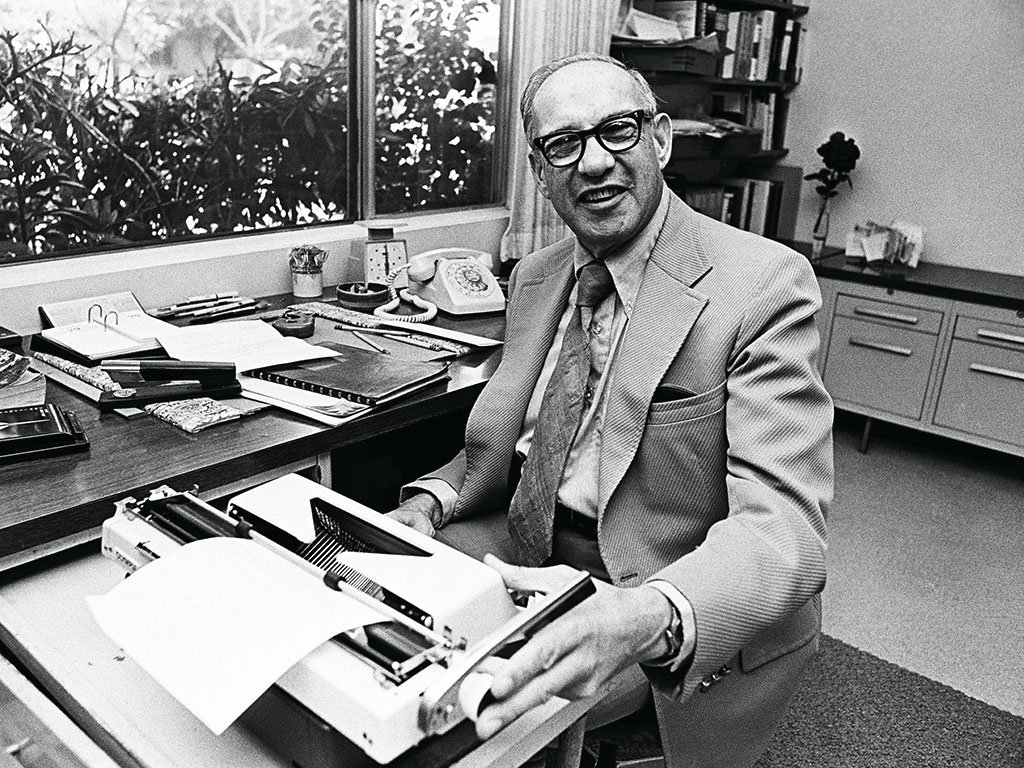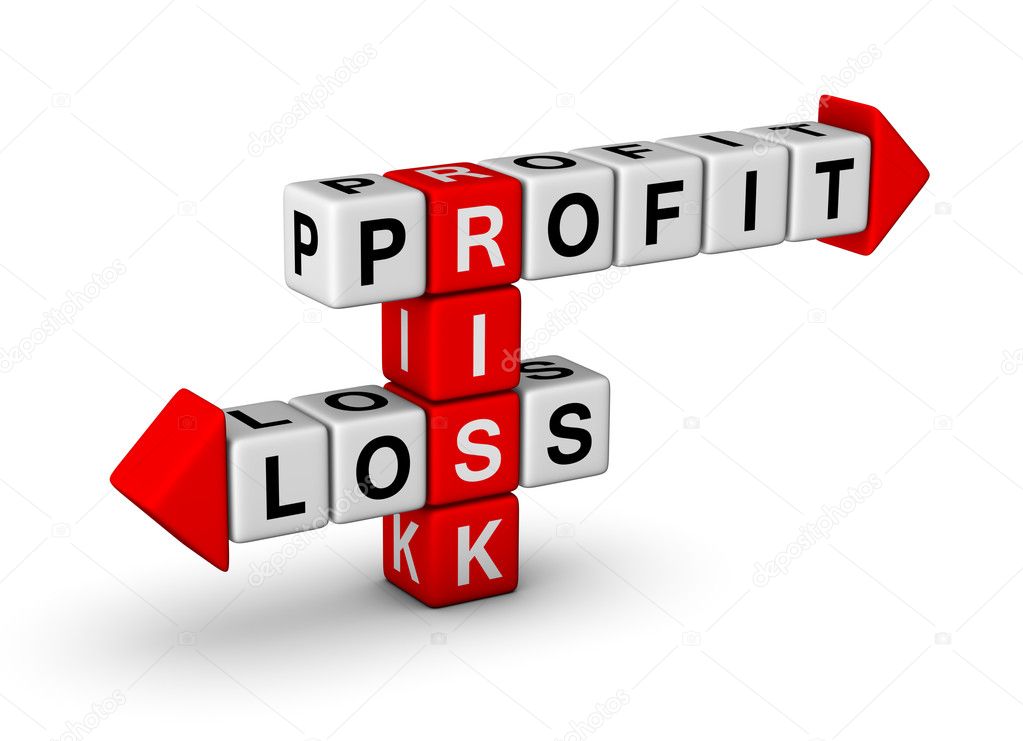Ron’s Topics
“Proposed SF law could force tech workers to actually go out for lunch,” July 24, 2018, San Francisco Chronicle
San Francisco wants to ban employee cafeterias on all new office building construction to help restaurants and small business. Here’s the pull quote from one of the supervisors:
This is also about a cultural shift,” he said. “We don’t want employees biking or driving into their office, staying there all day long and going home. This is about getting people out of their office, interacting with the community and adding to the vibrancy of the community.
The Nanny state run amuck.
“The EU’s 4.3 Billion Euro Fine on Google Will Hinder—Not Help—European Consumers,” FEE, July 20, 2018, Sam Dumitriu
EU Commissioner for Competition Margrethe Vestager imposing 4.3B Euro fine.
Competition takes place between bus models, not just products/services.
EU is favoring tightly controlled integrated platforms (Apple) over more open Android. Google Play, Google Chrome, Search, creates a “lock-in effect” the EU claims, even though 100 million users installed Firefox on their smartphones.
Besides, Android is free, which benefits makers of low-end mobile phones, and lowers barriers to entry. You can buy a smart phone under £50 now. This could crush low end of the market.
Nirvana Fallacy, comparing messy, complex, real-world w/a simplified idealized alternative.
Let consumers decide on which business model is best.
“Shape up, not break up,” The Economist, May 26, 2018
Recent collapse of Carillion, a British contracting firm. Members of Parliament spewed bile against the Big Four, KPMG (the auditor) but also other three—Deloitte, EY, and PWC. They called for a review and asked if the Big 4 should be broken up.
The Big 4 audit 98% of the S&P 500 and the FTSE 350. Yet auditors are paid by the very companies they’re auditing, not by the investors.
The Economist posits that a break up is premature. Here are some proposals to correct incentive problem:
Regulators pick auditors—[probably lead to cronyism]
Mandatory insurance, insurers hire auditors
Stock markets pay auditors [Ron’s favored proposal]
Rotation after 20 years; tender after 10, in the EU
Average Dow Jones company tenure with auditor firm, a cosy 66 years
Lower the cap on non-audit fee (generous 70%)
$47B auditing; $87B consulting and tax for Big 4 as a whole
Add more to audit opinion (they should read like movie reviews)
Another problem: lawmakers, investors and courts all disagree about what an audit should be. Who’s fault is this? The profession has done a lousy job marketing exactly what an audit is, and isn’t.
“How tech’s richest plan to save themselves after the apocalypse,” The Guardian, July 24, 2018, Douglas Rushkoff
Fascinating article. We will let our listeners draw their own conclusions.
“Another California City is Trying a Universal Basic Income: Will it Work?” FEE, July 20, 2018, Andrew Berryhill
In 2019, Stockton, CA joins San Francisco and Oakland in testing a UBI. 100 Stocktonians will receive $500/month, for 18 months, unconditionally.
This test is being 100% privately funded by a $1 million grant from the Economic Security Project co-founded by Chris Hughes (co-founded Facebook).
“In praise of gentrification,” The Economist, June 23, 2018
Gentrifier has become a dirty word—young Yuppies snuffing out local culture. Ta-Nehisi Coates writes: “Gentrification is but a more pleasing name for white supremacy.” This is an urban myth! Gentrification can be more neutrally described as poor urban neighborhoods becoming wealthier.
Economists have failed to find a rise in displacement among the poor; in fact, they are more likely to stay put. In New York, in gentrified neighborhoods between 1990-2014, the number of poor barely moved. The benefits of gentrification include:
Reduced crime
Better amenities
More investment
Higher property values
Reduces white flight
Lawmakers usually promote affordable housing
Boosts racial and economic integration
Dilutes concentration of poverty
One resident of Logan Circle, downtown Washington DC, bough 1993 $130,000, sold for $1.6M
Those who argue against gentrification want to keep poor neighborhoods poor. What accounts for the antipathy towards gentrification?
The cost of housing: 32% of pre-tax earnings is spent on rent in 2001, which increased to 38% in 2015. The poor spend 52%. This has more to do with supply restrictions on new development. Also, the creation of jobs has outpaced additional housing in New York by 2:1; in San Francisco by 8:1.
Culture: Yuppies alter the character (T-Shirts: “Don’t Brooklyn my Detroit). Detroit would do well with a bit more Brooklyn. You can listen to a podcast from NPR On Point podcast on gentrification, which has the journalist on from The Economist, among others.
Ed’s Topics
Bosses are good guys/gals
Lego is bigger than ever due to story telling
“Brick by Brick: How Lego Became the Largest Toy Company in a Digital Era,” FEE, Friday, July 06, 2018, Brittany Hunter
Gene editing is very real as long as the FDA doesn't muck with it
Swift Gene-Editing Method May Revolutionize Treatments for Cancer and Infectious Diseases
From Gina Kolata of the New York Time: Scientists report that they have discovered a way to tweak genes in the body’s immune cells by using electrical fields.
Ethics of autonomous cars
On vacation my family and I discovered this research project at MIT's Museum. Give it a whirl yourself.
See our Episode #7 on Everyday Ethics: Doing Well and Doing Good, where we discuss Trolleyology, and the book, Would You Kill the Fat Man? By David Edmonds.
It's BACK!
Amazon announces Season 3 of The Man in the High Castle will drop October 5! Ron says he won't be on the show, but I do not believe him.
Let's Go NUKES!
Why I changed my mind about nuclear power, Michael Shellenberger, TEDx Berlin.























